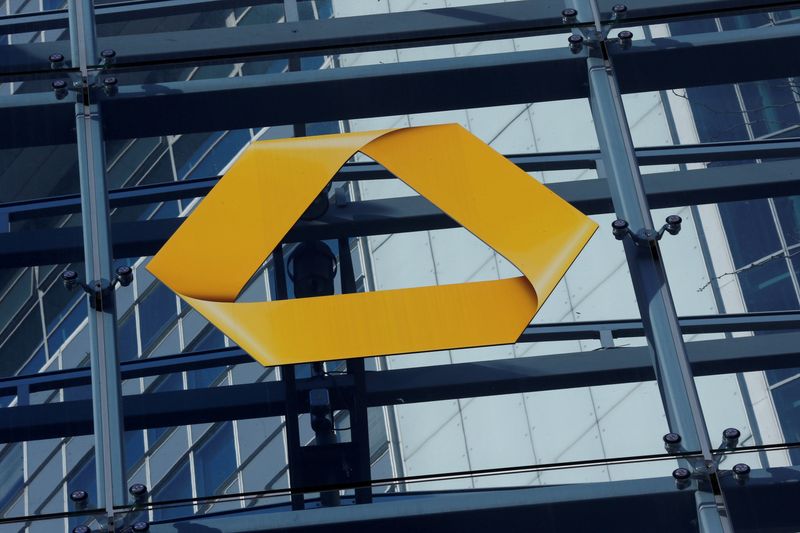By Maria Martinez
BERLIN (Reuters) - Germany's Commerzbank (ETR:CBKG) says its role as a key lender to the swathe of "Mittelstand" midsize companies that drive Europe's top economy is grounds to resist UniCredit's overtures. But Mittelstand leaders themselves are less convinced.
Italy's UniCredit said on Monday it was preparing to increase its stake in Commerzbank to 21%, a move Chancellor Olaf Scholz called "an unfriendly attack".
Officials at the two main German business groups representing small to midsize enterprises (SMEs) instead cited the benefits of scale a cross-border merger could offer, mirroring arguments made by the Italian bank.
"This could initiate the urgently needed transformation of Commerzbank's ailing business to make it competitive again, which would be an advantage for German companies too," said Marc Tenbieg, managing director of the DMB association which counts more than 27,000 small and mid-sized business members.
Commerzbank has highlighted rising customer satisfaction levels among Mittelstand clients and estimates it handles roughly 30% of the trade Germany's export-oriented companies do with the rest of the world.
But Hans-Juergen Voelz, chief economist at the 29,000-member BVMW federation - the other main Mittelstand business group, said commercial banks needed to grow to boost their profits and balance sheets, thus bolstering their ability to lend.
"If in the case of Commerzbank a merger with another European banking institution contributes to this, we welcome this," said Voelz.
UniCredit's move was criticised by parties across the political spectrum in Germany, although there is little they can do to prevent any takeover.
Friedrich Merz, the Christian Democrat opposition leader whom many see as the next chancellor, noted Commerzbank lent to around a third of Mittelstand firms and said "we need to talk about" the implications of any takeover by UniCredit.
Commerzbank is a partner for around 25,500 corporate client groups and almost 11 million private and small-business customers in Germany, its website says.
According to its annual report, its loans explicitly granted to the German small-business sector in 2023 totalled around 83 billion euros ($93 billion).
Its supervisory board members on Tuesday voiced fierce opposition to a takeover, while local trade unions are concerned about job cuts and the relocation of its headquarters abroad.
WIDER DEBATE
The merger speculation comes amid a much wider European debate over the need for the region to improve its economic competitiveness with the U.S., Chinese and other rivals.
A long-awaited report by former European Central Bank chief Mario Draghi last week pointed in general terms to the need to help European companies achieve scale and called for moves towards a more seamless European banking sector.
"The larger the respective institutions are, the sooner projects can be financed and the bigger the transactions can be in an international context," said Volker Treier, head of foreign trade at the German Chamber of Commerce (DIHK).
Two government sources told Reuters on Tuesday that Berlin does not see that it has legal powers it could use to prevent UniCredit's takeover.

"Regardless of what happens to Commerzbank now, I think it is good that the state is withdrawing as a powerful individual shareholder," said Thomas Hoppe, chairman of the "Young Entrepreneurs," an association representing businesspeople under the age of 40.
($1 = 0.8938 euros)